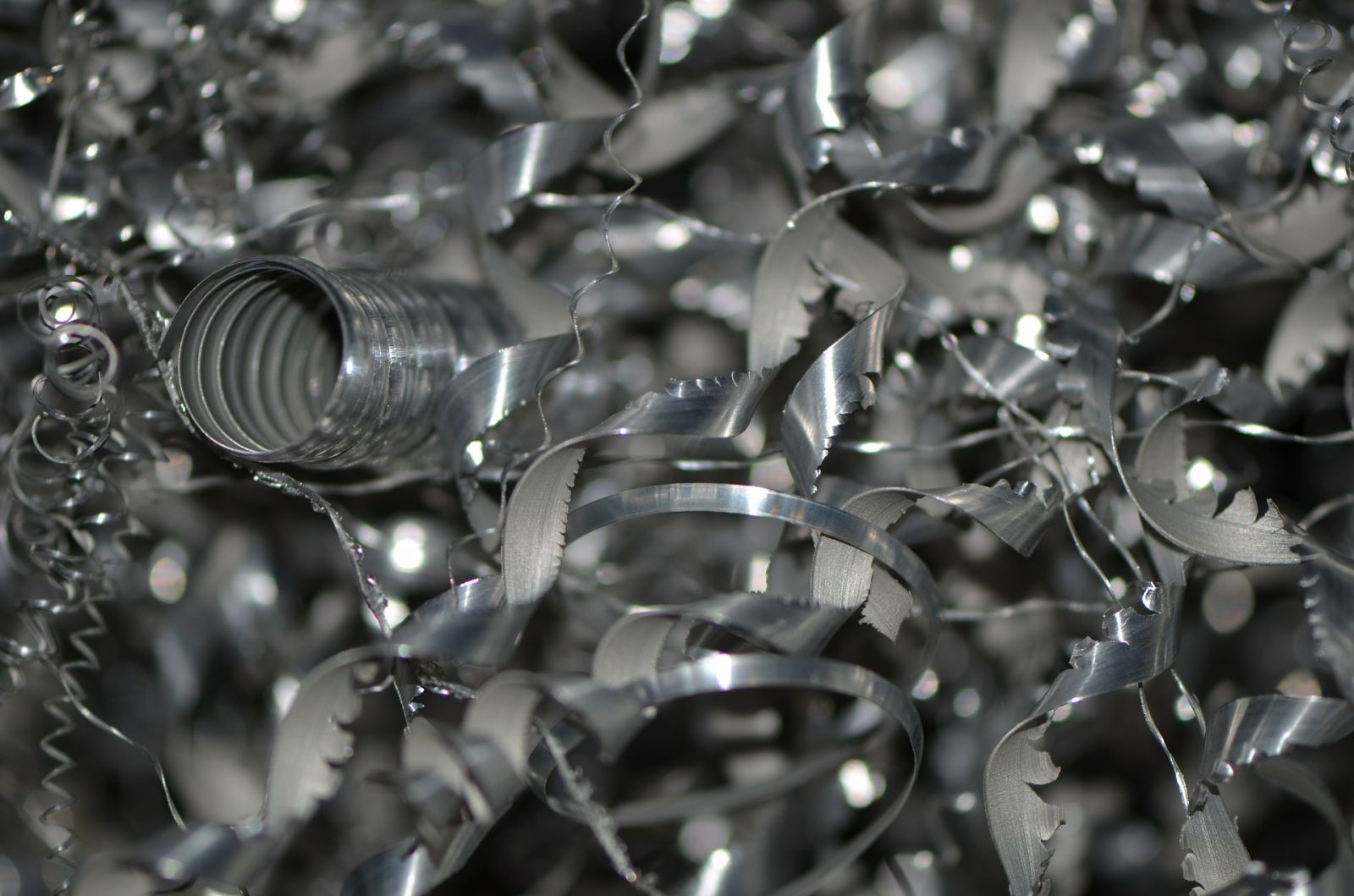July 2016
What Are Some Metals That Can Be Recycled?
Did you know that many metals can be melted down repeatedly without compromising their strength or durability? This makes them ideal for recycling, as they can be used again and again. Recycling also saves natural resources and energy (compared to starting from scratch by mining and refining raw ore). This is why scrap metals are such a valuable commodity.

- Aluminium
You will most commonly find aluminium in the form of cans, such as those used for soft drinks and alcohol. By dropping a can into the recycling bin, it could show up in a store as a brand new can in as little as 60 days. Although aluminium foil is just as recyclable, most people tend to throw it into the general rubbish bin instead of recycling it. Window frames are another good source of aluminium.
- Steel
Some steel mills will use nothing but scrap in order to make new steel items. According to environmental protection agencies, most steel items today contain between 25% and 100% recycled content. You will commonly find steel in refrigerators, ovens and dishwashers, as well as in smaller items like cans (such as food tins).
- Other
There is a whole range of other metals that can be recycled, including: brass and bronze (which are copper alloys with added zinc or tin), cast iron (which is mostly iron with some carbon and silicon), copper, tin, lead, zinc and nickel. These sorts of metals can be found all over the house and workplace, from cooking utensils to appliances. Even mercury from thermometers and tilt switches can be recycled.
- Precious
You will find that gold and silver have been recycled for thousands of years. Companies like ours, dealing with precious metals, will buy old jewellery based on the quality and weight of silver or gold it contains. It’s a good idea to remove any gemstones from jewellery that you want to sell for scrap.
But are there any metals that can’t be recycled? In actual fact, there are. These include products containing lead (such as the cathode ray tubes found in televisions), and radioactive metals (such as uranium and plutonium – but everyday people shouldn’t be able to get their hands on these anyway!).
Now that you have a thorough understanding of the metals that can and cannot be recycled, what are you waiting for? Have a look around your home or workplace to see what unused items could be recycled – not only will you make a little extra cash by selling them to a scrap yard, you’ll be doing your bit for the environment. Just remember to sort it for a better price!


